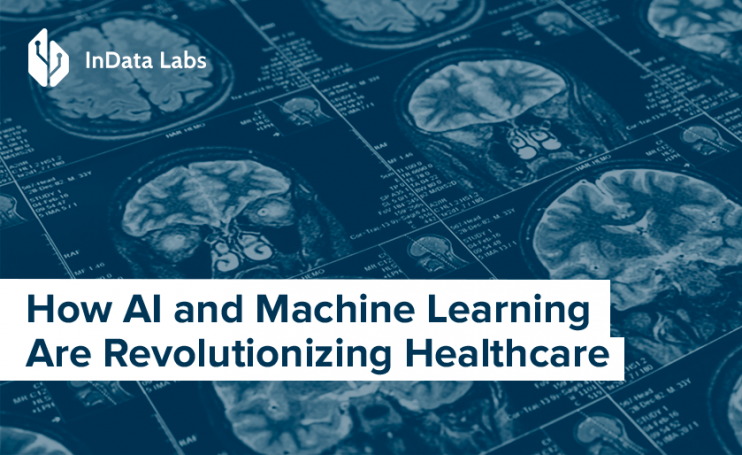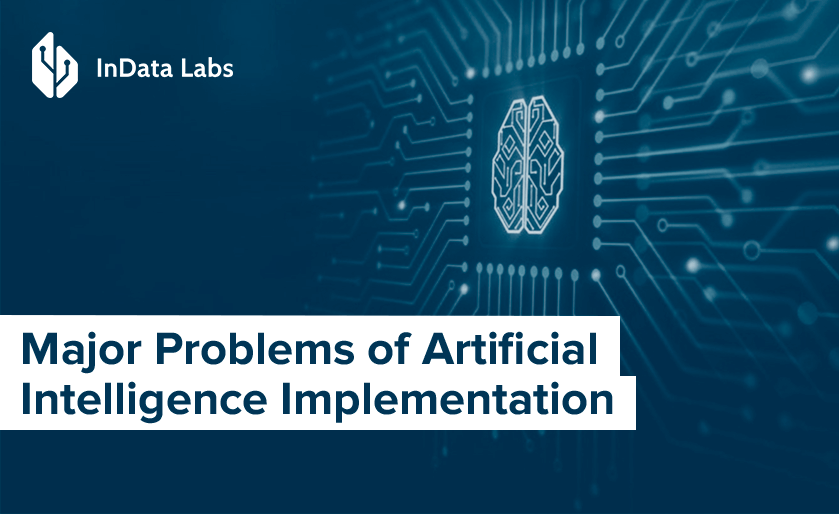To understand the basic premise of artificial intelligence (AI) and machine learning (ML) in healthcare, you have to understand how the human brain works. All of our intelligence and knowledge that humanity has accumulated over millennia resides in each of us. For example, we take wine for granted, but it never occurs to most people that making wine is not a simple process. Someone first came up with the idea, and then it took thousands of years for this knowledge to be perfected and spread. And now you can learn how to make your own wine in a matter of days.
This basic concept of accumulated knowledge applies to the artificial mind. Learning and problem-solving are core parts of the term AI since intelligence is not something that is there by default; it is an acquired state.
The aforementioned fits perfectly into the realm of healthcare, as it requires an enormous amount of accumulated knowledge due to the complexity of the subject matter and the systems in question. Today, health check-ups are not only about measuring a patient’s temperature and asking questions. A wide variety of modern medical tests examine a patient on a molecular level.
Another great property of the subject matter is the fact that the examined system is stable. Meaning that the human body is predictable to a certain extent. If you eat a lot, you get fat. If you drink a lot, you get liver problems. The level of prediction varies as more variables are introduced.
However, what’s important is that the backlog of data available for analysis is astonishing, and it deals with the same framework (the human body). This information can be used to make accurate predictions by using machine learning (ML) algorithms in healthcare. It’s not the stock market, where some situations are impossible to predict. All of this information is what feeds AI-driven solutions that work in healthcare. And this same information is why the healthcare industry sees a wide variety of AI and machine learning applications being developed all the time.
Now let’s take a closer look at why and exactly how AI and Machine Learning are shaping the medical world of tomorrow.
Healthcare is a Dream for a Data Freak
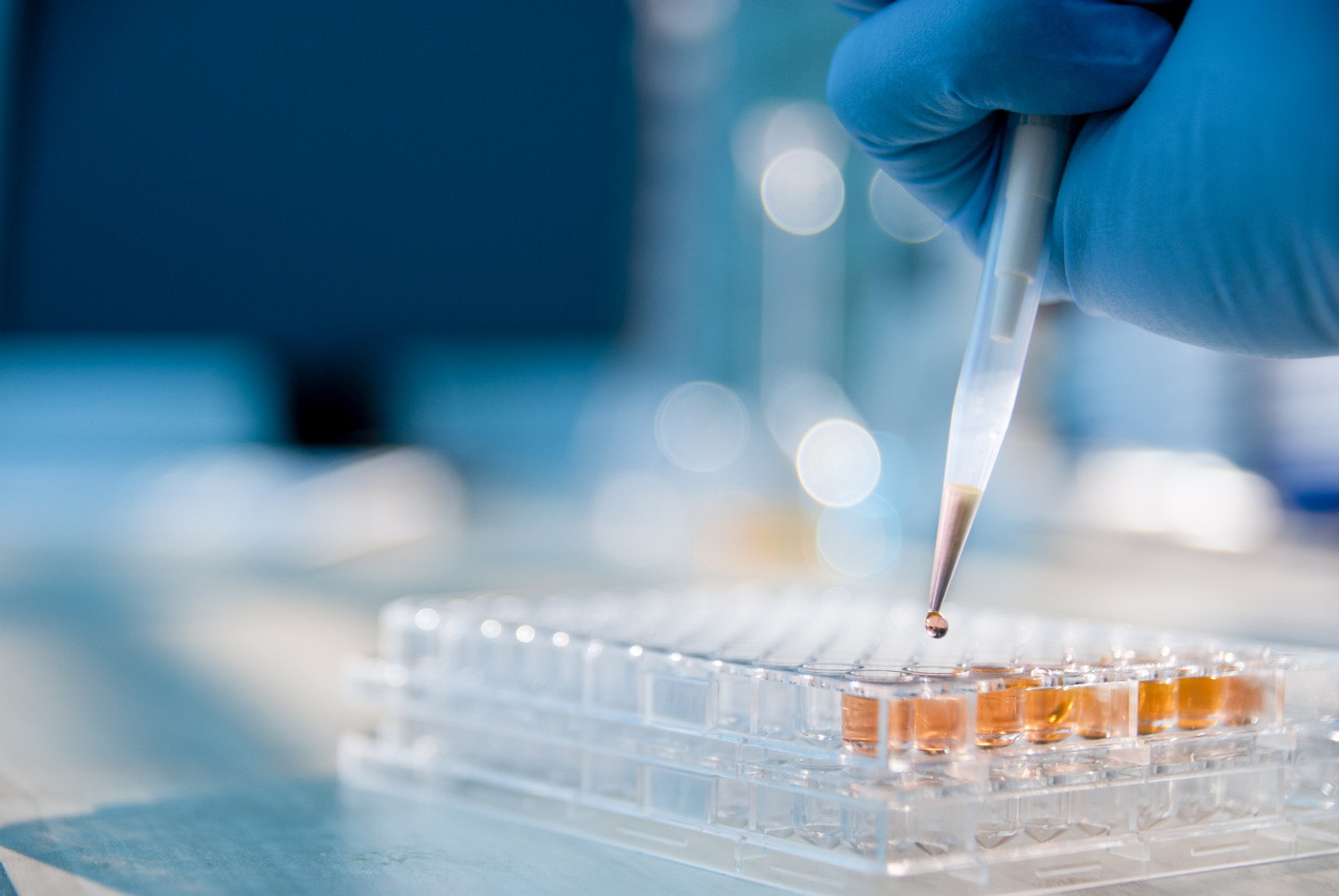
When we talk about tracking, collecting, and analyzing data, healthcare is probably on top of the list. The same goes for weather data and other limited types of preserved and multiplied records. For example, one current study within the British healthcare system turned 70 just a couple of months ago. That’s right. Someone’s been carefully collecting various datasets about a large group of people throughout their lifetimes.
And this is also what Google’s DeepMind Health is doing. It’s mining millions of healthcare records to learn and build predictive models around specific diseases and health conditions. From cancer research to diabetic retinopathy – disease propensities will soon be easy to tackle, with the proliferation of AI and machine learning in healthcare.
Healthcare Speaks the Same Language
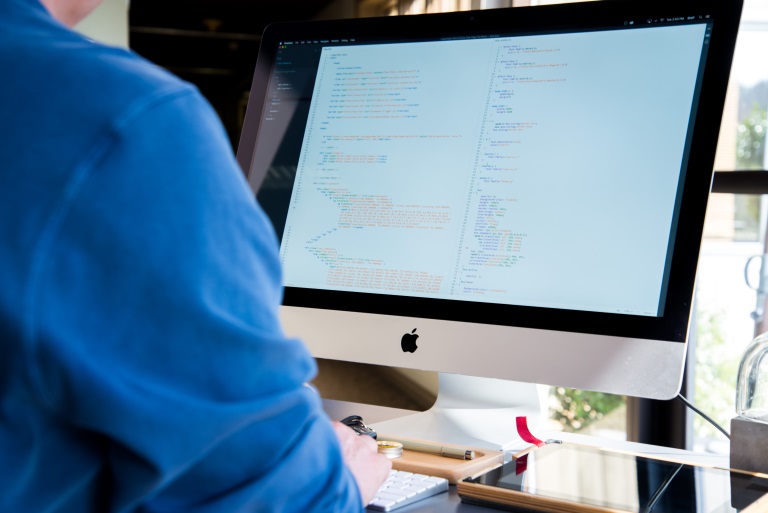
Machine learning is an integral part of artificial intelligence: it is the methodology and technique which the ‘artificial’ uses to acquire the ‘intelligence’. Machine learning comes in different forms, but one of the main languages currently championing this AI domain is R.
What’s particular about R is that it was developed for statistics applications. It was made to deal with large sets of data. That’s why it’s been used actively in clinical research. And this is why R is also popular for traditional machine learning algorithms in healthcare among data scientists, who happen to pioneer the ML landscape, as ML makes their job a lot easier. Given that all of these medical researchers already know the ins and outs of R, their job of transferring these concepts into the realm of AI is a lot easier.
It’s Not Always About Altruism
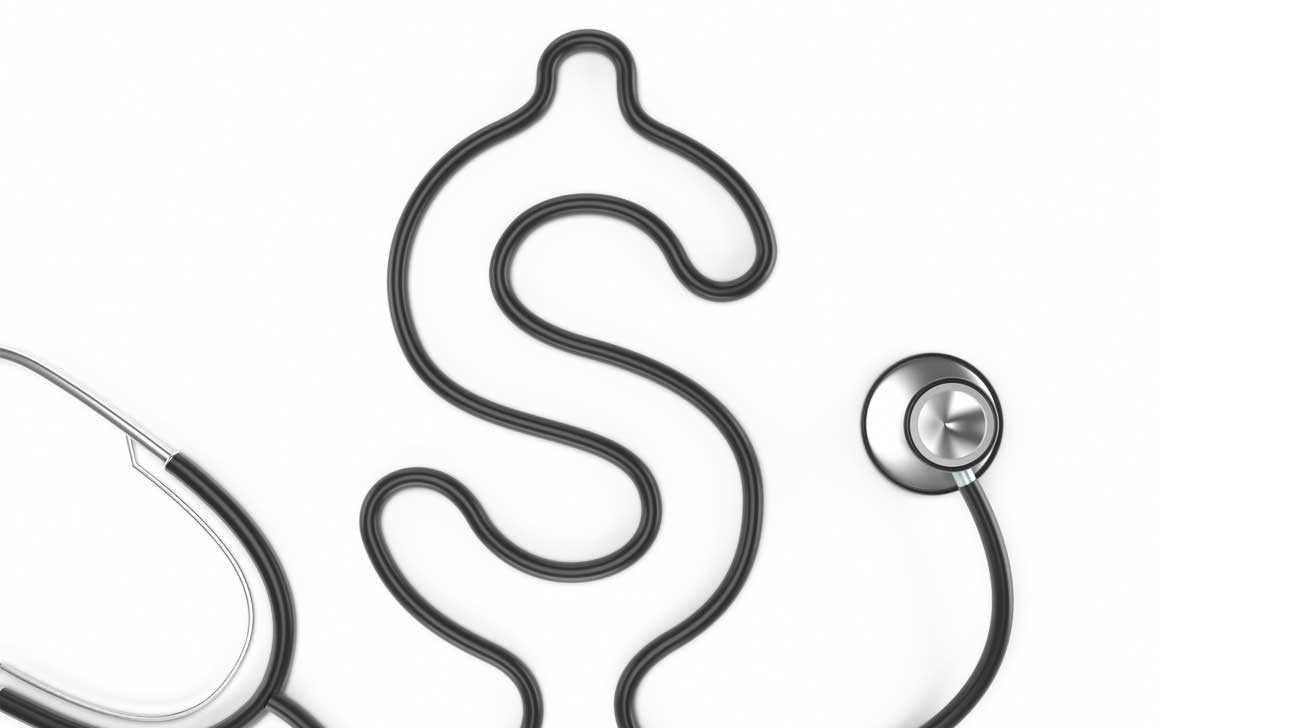
It’s important to note that AI technologies in healthcare are not always being propagated by the sole desire to make lives better. There is money to be made and, in many cases, to be saved.
How AI and Machine Learning Are Revolutionizing Healthcare + [INFOGRAPHIC INCLUDED] Share on X That’s roughly 25% of the US Federal Budget for 2017. It’s also the same amount of money the US spends on the military per year. Impressive, right?
All of these insurance companies are in it for the big bucks. The better they predict health risks, the more precise their underwriting will become. Underwriting is the process of calculating risk and individual propensities for each insured person. The goal is to identify the right insurance coverage – in simple words, how much a person should pay. And that’s why using machine learning for various insurance applications – from risk assessment and preventive care to healthcare billing, claims management, and fraud detection – makes the life of insurance agents much easier. Insurance companies need healthy people as they want to spend as little money as possible to keep these people healthy. That’s why preventive care is a burning issue within the insuretech world.
The Data Potential of Healthcare Is Unlimited
While you can’t go beyond dollars in the financial world, you can, however, go beyond disease symptoms within the healthcare industry. There are molecules, proteins, DNA sequences, and much more to consider and investigate. Any of these specific levels of organic life could be potentially subjected to a dynamic machine learning approach in healthcare analysis and the use of specific research tools. Even Twitter can serve as a data source for healthcare initiatives.
However, there are far more ambitious tools and applications, like trying to cure cancer by analyzing our genetic code. Viral genome classification is also an important healthcare application, where AI can play a crucial role.
That is the final frontier for humanity within healthcare. Currently, we can’t go any further simply because we don’t have the neural capacity to process all of this information in a meaningful way. However, this will change as even on the basic level. AI is slowly taking over humanity’s home turf. Radiology is a good example of a healthcare application, where AI is progressing at a steady pace, with computer programs getting better at CT scans and other imaging applications.
Bringing Valuable Solutions to Businesses in Healthcare
InData Labs provides custom services and solutions in the field of healthcare and serves organizations of various sizes and business objectives. Recently, we were engaged in neural network implementation for women’s health – a mobile period tracker capable of making accurate predictions for women facing the challenge of irregular periods.
Our business partner opted for using deep learning in healthcare as the best available option to process user information stored in the database and make AI inference. There was enough personal data, including cycle history, ovulation, pregnancy test results, age, height, weight, lifestyle, statistics about sleep, activity, and nutrition. And the more diverse the datasets are, the better will be the output of a neural network.
It took us plenty of project time spent on feature engineering to ensure that the input for model training will be just right to yield outstanding results. That was a prerequisite to developing an ML algorithm that could capture the unique menstrual cycle patterns for every woman. In the end, our client acquired the most downloaded app worldwide in its category, and we added another favorable review to our collection.
In another case, we aided our client with enhancing a health and fitness app by implementing predictive analytics. Designing such a type of business intelligence (BI) solution required from our team to dive into working over complicated data migration, data analysis, and data visualization issues.
Along with that, we were challenged to create an ML-based recommender system that would add the option of personalized recommendations delivery to the existing app. With the help of our solution, the client managed to significantly improve services provision and scale up the number of consumers.
Conclusion
Healthcare is one of the most promising and lucrative applications for AI. Health institutions want to cut costs by lowering readmission rates, and insurance companies want to optimize their risk management techniques, while pharmacological companies want to cure viruses. The way out is to seek the consultation of experts in machine learning model development and deployment for healthcare. Those and many other AI applications are already being actively used by a wide variety of healthcare and healthtech companies around the world.
For those who are planning to implement AI into the healthcare sector or healthcare projects, have a look at the infographic below:

Have a Project in Mind? We’ll Make it Happen!
Schedule an intro call with our Machine Learning and AI consulting experts to explore your business and find out how we can help.
